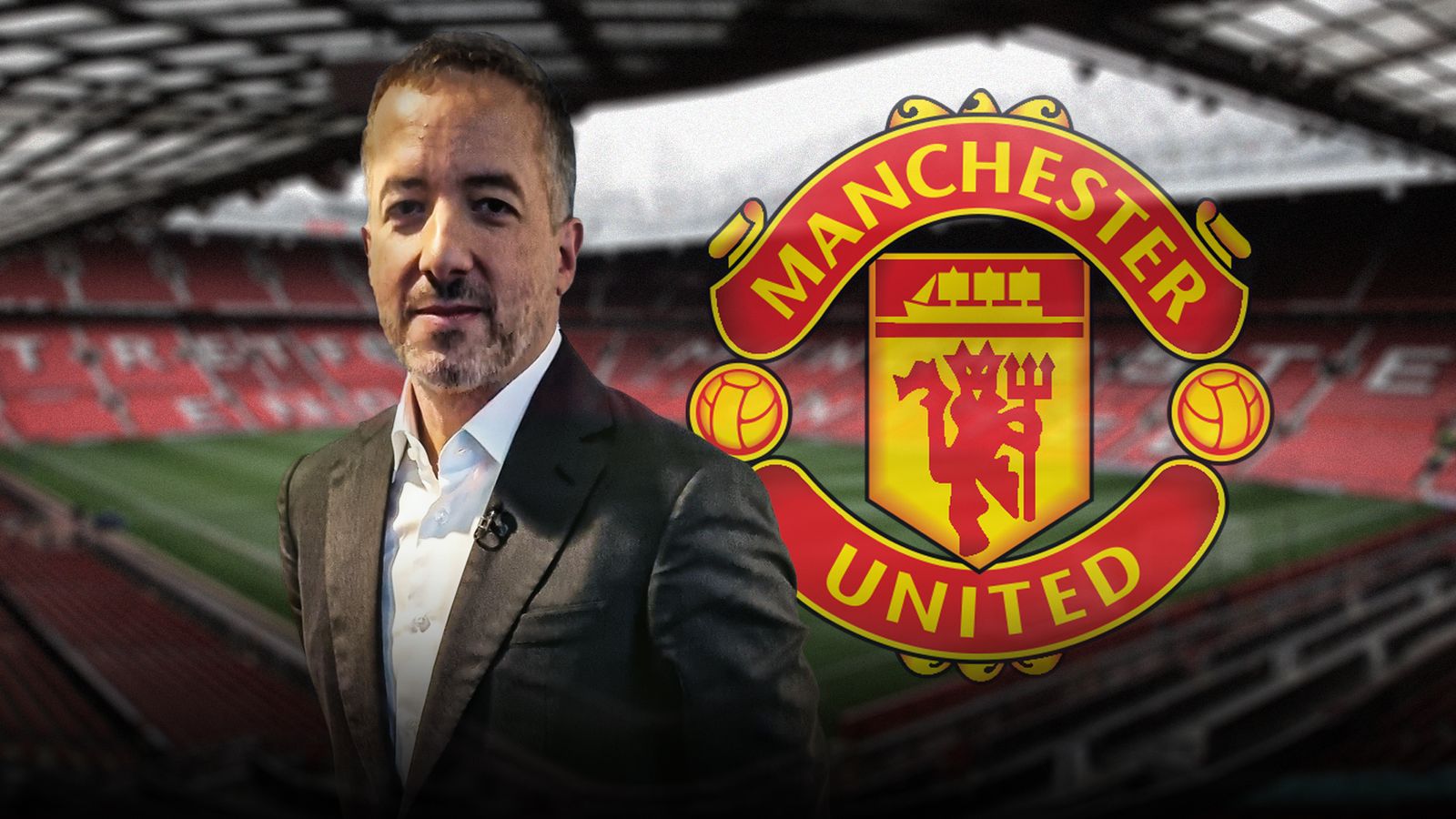In the fast-paced and high-stakes world of football, few stories captivate fans and pundits alike as much as ownership changes at major clubs. The recent news of a potential sale of Manchester United, one of the most storied and globally recognized football clubs, has sent shockwaves through the sporting community. Let’s delve into what this news entails and what it could mean for the future of both Manchester United and the broader landscape of football.
The Current Situation
Manchester United, commonly known as Man United or simply United, has been under the ownership of the Glazer family since 2005. The Glazers, successful American businessmen riherald.com, acquired the club in a leveraged buyout that sparked controversy among the club’s passionate fanbase. Over the years, their tenure has been marked by both successes on the field, including numerous Premier League titles and a Champions League triumph, and off-field unrest due to financial decisions and lack of fan consultation.
The Potential Sale
Reports of the Glazer family considering selling Manchester United have surfaced recently, with various potential buyers being rumored, including wealthy individuals and investment groups from around the world. The club’s valuation, always a topic of intense debate, is expected to be in the billions of dollars, underlining its status as one of football’s most valuable assets.
Implications for Manchester United
-
Financial Restructuring:
- A change in ownership could bring about significant financial restructuring. Depending on the buyer, there could be substantial investments in player transfers, stadium upgrades, and youth development, all aimed at bolstering the team’s competitiveness.
-
Fan Engagement:
- The relationship between the club’s ownership and its fanbase has been strained at times. A new owner might prioritize engaging with supporters more directly, potentially altering how decisions are made and fostering a more inclusive atmosphere.
-
Global Branding:
- Manchester United is not just a football club; it’s a global brand with millions of fans worldwide. Any change in ownership will inevitably impact the club’s global image and marketing strategies.
Impact on Football’s Power Dynamics
Beyond Manchester United itself, a sale of this magnitude could influence the broader footballing landscape:
-
Financial Fair Play:
- With potential new investors, there could be concerns about compliance with financial fair play regulations. Increased financial muscle could tilt competitive balances within leagues and across European competitions.
-
Transfer Market Dynamics:
- A financially rejuvenated Manchester United could have ripple effects on player transfers and salaries, influencing how other clubs conduct their business.
-
Broadcasting and Commercial Rights:
- The club’s stature in broadcasting and commercial deals could shift, affecting revenues for both Manchester United and its competitors.
Conclusion
The potential sale of Manchester United represents more than just a change in ownership; it symbolizes the evolving nature of modern football as a global business. While fans await further developments with a mix of anticipation and apprehension, the ultimate impact on the club, its players, and the broader football ecosystem remains to be seen. What is certain, however, is that the decisions made in the boardrooms of Old Trafford will resonate far beyond the pitch, shaping the future trajectory of one of football’s most iconic institutions.
As negotiations unfold and rumors swirl, one thing is clear: Manchester United’s sale news is not just about a change in ownership but a potential seismic shift in football’s power dynamics.












